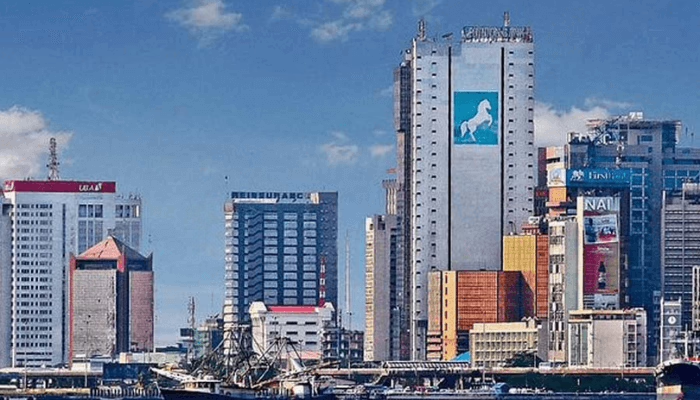The Hidden Dangers of Aggressive Lending and Short-Term Objectives in Nigeria’s Banking Industry
The Nigerian banking landscape has demonstrated remarkable resilience amid numerous economic upheavals, including volatile oil prices, persistent inflationary pressures, and sweeping regulatory changes. Despite this adaptability, the sector continues to grapple with a persistent challenge that threatens its stability and the welfare of its customers.
How Short-Term Lending Strategies Undermine Long-Term Stability
Many financial institutions in Nigeria have increasingly adopted aggressive loan disbursement tactics aimed at meeting quarterly or annual performance targets. While this approach may boost short-term profitability, it often leads to elevated default rates and deteriorating asset quality. For instance, banks pushing for rapid loan growth without thorough credit assessments risk accumulating non-performing loans, which can erode capital buffers and undermine investor confidence.
Consequences for Borrowers and the Broader Economy
Borrowers subjected to aggressive lending practices frequently face unsustainable debt burdens, resulting in financial distress and reduced repayment capacity. This cycle not only harms individual borrowers but also contributes to systemic risks within the banking sector. According to recent data from the Central Bank of Nigeria, the non-performing loan ratio in the industry has hovered around 6.5% in 2023, signaling growing concerns over credit quality.
Lessons from Global Banking Practices
Looking beyond Nigeria, countries like South Africa and Kenya have implemented more balanced lending frameworks that emphasize sustainable credit growth and robust risk management. These models prioritize long-term borrower viability over short-term gains, fostering healthier banking ecosystems. For example, South African banks have integrated advanced credit scoring technologies to better assess borrower risk, reducing default rates significantly over the past five years.
Recommendations for Sustainable Banking Growth in Nigeria
To safeguard both banks and borrowers, Nigerian financial institutions should recalibrate their lending policies to focus on quality rather than quantity. This includes enhancing due diligence processes, adopting comprehensive risk assessment tools, and aligning incentives with long-term performance metrics. Additionally, regulators can play a pivotal role by enforcing stricter lending standards and promoting financial literacy among consumers.
By shifting away from aggressive loan targets and embracing sustainable credit practices, Nigeria’s banking sector can strengthen its resilience, support economic growth, and protect the interests of all stakeholders involved.



















0 Comments